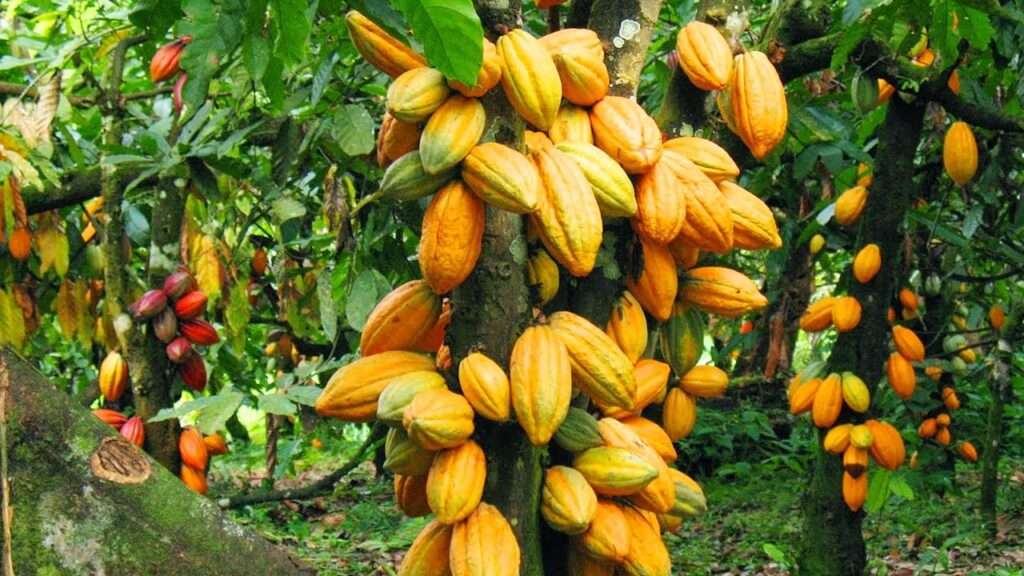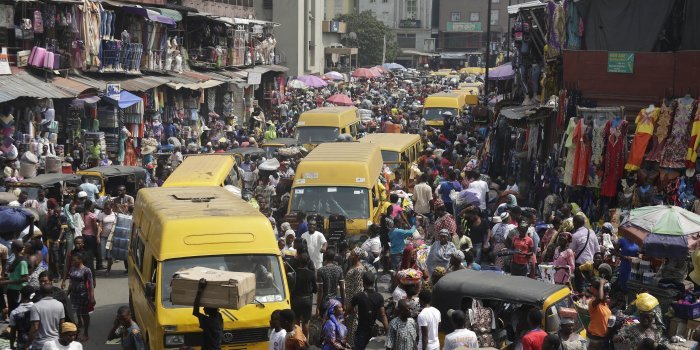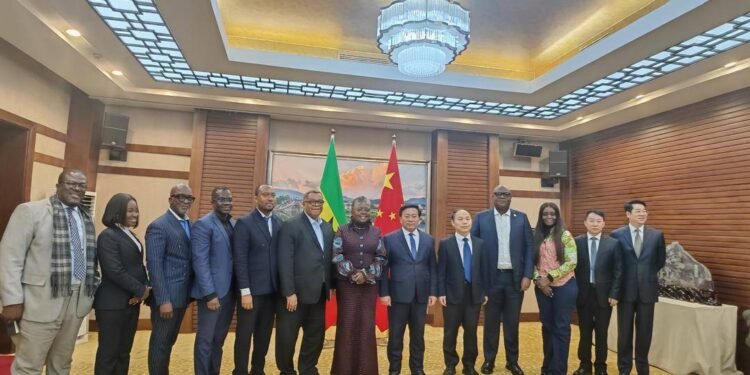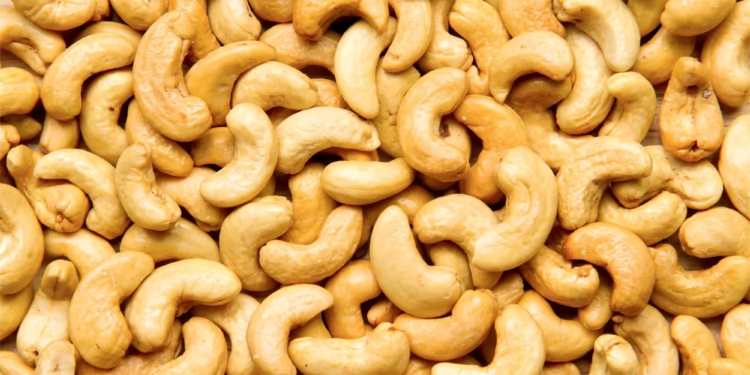The vision for a Ghana 24-hour economy powered by local manufacturing is under serious threat, as the IMANI Center for Policy and Education has raised concerns over the foundational weaknesses in the nation’s industrial strategy.
According to the policy think tank, unless Ghana addresses its raw material supply challenges, the much-promoted goal of operating factories continuously and scaling up exports will remain “at risk.”
In its assessment, IMANI Africa stressed that if Ghana is serious about industrialization, “it must first get serious about what fuels manufacturing, raw materials.”
Without resolving input shortages, efforts to expand factory output and reduce import dependency will likely fail. This comes at a critical moment as the government continues to champion the 24-hour economy as central to its development agenda.
“Bright Simons has pointed out that many local cocoa processors operate at 10–40% capacity, not because they’re inefficient, but because they can’t get cocoa. Some have even had to import beans just to stay in business.
“The reason? COCOBOD prioritizes forward sales for foreign exchange, limiting domestic access. While that may help manage reserves in the short term, it directly undermines the long-term industrialization plan. You can’t promote chocolate-making if chocolate makers can’t access cocoa.”
IMANI Center for Policy and Education

The cashew industry was described as even more vulnerable. The Association of Cashew Processors Ghana (ACPG) recently warned that “unregulated exports are sabotaging Ghana’s 24-hour economy.”
Foreign traders are reportedly flooding rural markets with cash, outbidding domestic processors for raw cashew nuts.
This dynamic is forcing local factories to shut down, destroying jobs, especially in rural areas where women and youth are employed, and disrupting entire value chains.
IMANI observed that, despite years of policy discussions on cashew as a “strategic export,” there remains “no real enforcement, no working capital, and no plan.” The result, they warned, is collapsing factories and wasted opportunities.
Shea Industry Faces Policy Challenge Amid 24-Hour Economy Agenda
Turning to the shea industry, IMANI pointed to the government’s newly announced phased ban on raw shea nut exports by 2026 and the planned rehabilitation of the Buipe Shea Factory.
While this presents an opportunity for Ghana to build a “regional hub for cosmetics and food-grade shea processing,” IMANI cautioned that “if raw exports remain more attractive than local processing, policy will always lose to price.”

The think tank underscored that “manufacturing thrives on raw material availability.” For Ghana to achieve its industrial goals, domestic processors must be given priority access to resources.
IMANI called for the enforcement of export restrictions where necessary, price models favoring local supply, tax and power incentives targeted at processors, and a protected, stable raw materials supply chain.
“The idea behind the 24-hour economy is to expand factory operations, scale exports, and reduce dependence on imports. But none of that is possible when local processors can’t get inputs, and exporters offer farmers higher prices to ship raw goods.”
IMANI Center for Policy and Education
IMANI warned that unless policies are corrected, “Ghana will continue to export its raw potential, only to import it back, transformed, and pay a premium for it.”

According to the think tank, while Ghana currently demonstrates the necessary political commitment to drive industrialization, large-scale manufacturing will remain out of reach unless the country shifts focus from encouraging raw material exports to prioritizing domestic value addition.
IMANI stressed the need to establish a structured system where processors are prioritized, local factories receive consistent access to raw materials, and supportive policies ensure reliable energy and sufficient working capital.
In their assessment, making local processing more profitable than exporting raw resources is essential to achieving true industrial growth.
IMANI cautioned that failure to address these issues will leave Ghana dependent on imported inputs, not due to a lack of resources, but because of inadequate policy protections for its raw materials.
READ ALSO: Ayra Starr Makes RIAA Latin Diamond History























